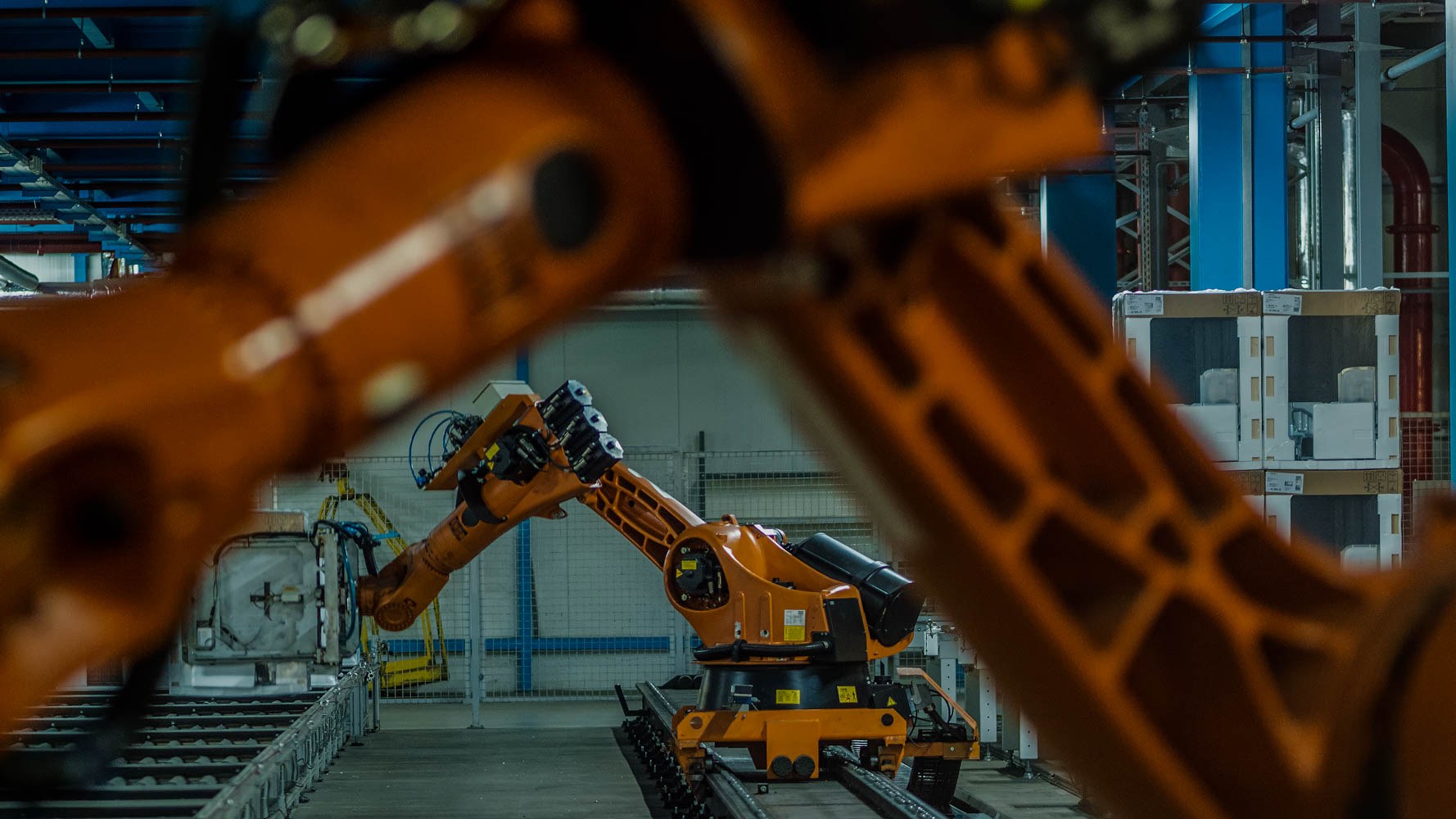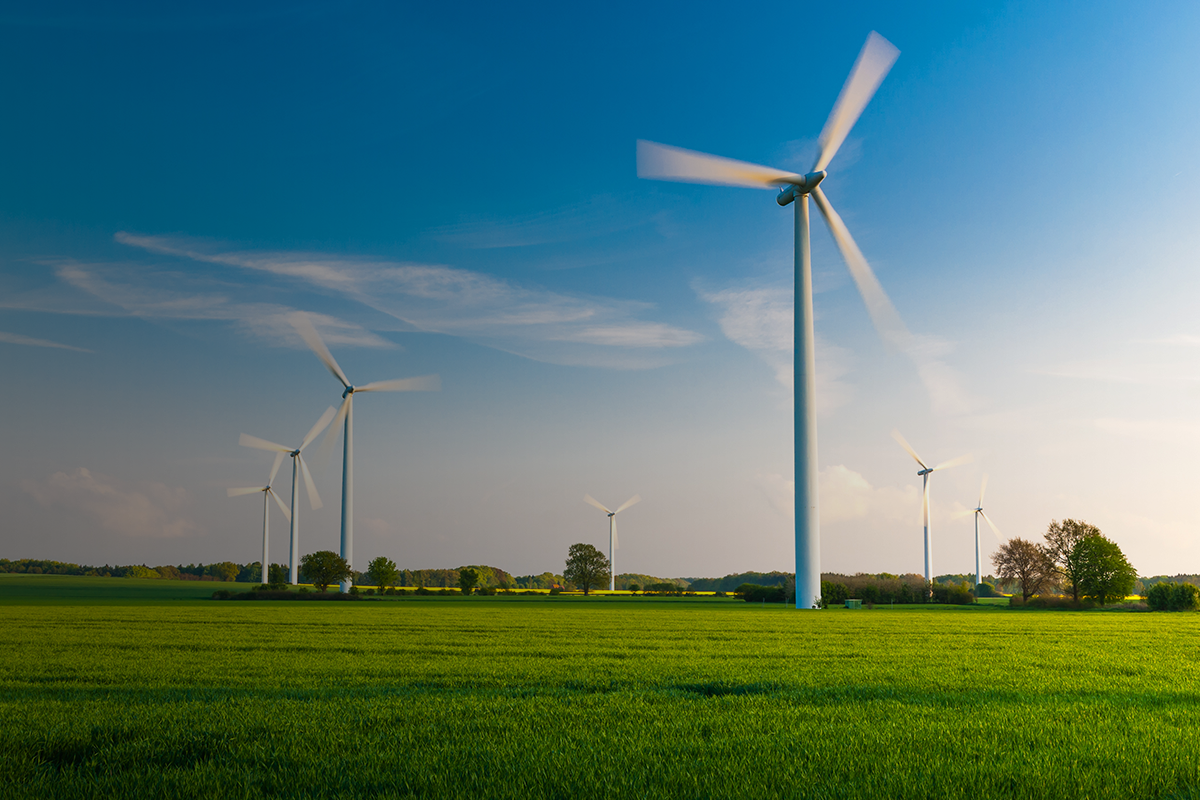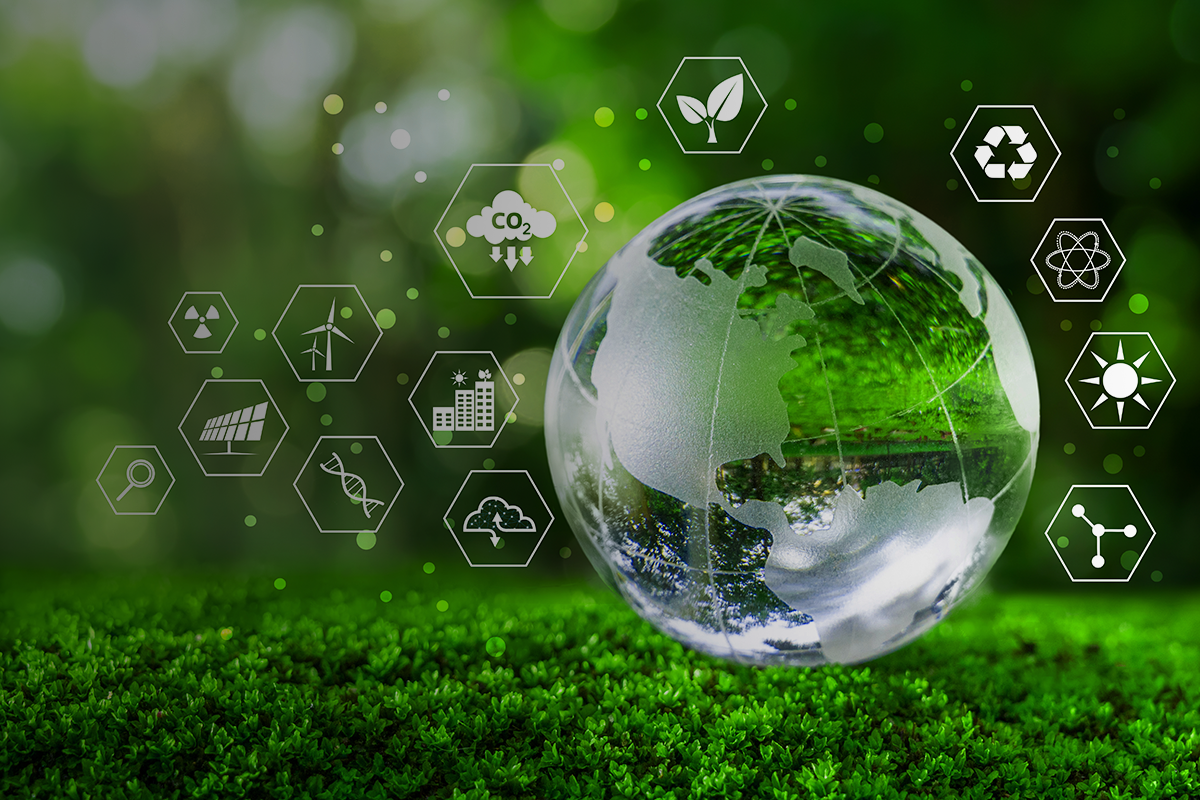How does Nomura Greentech define the green technology sector?
We have the industrial side, which is focused on decarbonization of industrial processes, the circular economy and monitoring of this technology to improve sustainability.
The other side of our business deals with capital heavy infrastructure to support clients on their decarbonization journey. That could be traditional renewables or flexible generation, battery energy storage systems, low carbon molecules, biofuels, and hydrogen. It also touches on digital infrastructure which is a huge topic right now as we go through an unprecedented boom in capital expenditure related to delivering AI with data centre providers seeking green power.
You have covered this theme for two decades. What significant shifts have you seen in sustainability M&A during your career?
The sustainability M&A market has been volatile in recent years. Ten years ago, it was talked about as cleantech, which is a very narrow definition of sustainability. As we have become more sensitive to climate change and the public’s awareness of it has increased, the emphasis on sustainable solutions has grown.
Five years ago, there was a step change in terms of intensity and focus on sustainability which resulted in a highly active M&A market around electrification, and replacement of fossil fuels. M&A typically relates to solving corporate problems or trying to deliver growth, so it is either a countermeasure or taking advantage of a secular trend. Against that backdrop, we saw many players pivot heavily towards sustainability. Large corporates such as oil and gas companies were busy acquiring renewables companies as they were unsure what their future business would be in 10 to 20 years’ time.
We saw transportation companies move into electric only fleets while contemplating hydrogen or electric trucks for heavy goods which created a flurry of activity in the sector. This caused huge capital allocation and a green premium (higher valuations due to excess demand) for a brief moment in time.
Over the last few years, the speed of change is slower, and the scale of capital growth has decelerated but the green transition is still happening; the question is timing and speed of delivery.
Looking to the future, where do you anticipate most activity, and in which sectors?
Sustainability challenges range from the decarbonization of industrial processes and delivering sustainable power globally as demand continues to grow from the AI data center boom. I see no decrease in the amount of capital required and capital needs create M&A opportunities. I think this will continue at pace for a multidecade transition.
Which buyers are most active today, and what are their characteristics?
It depends on each jurisdiction and each part of the world is subtly different. There are three main groups – corporates, financial investors such as private equity firms, and institutional capital.
For different technologies we see different areas of focus. For the large-scale world of renewables, it is a very active area for all aspects of that food chain. We see all three buyer groups playing a relevant role with each occupying a specific niche. For example, we see large-scale utilities consolidating the market and driving strategic value. Private equity general partners are trying to create value through active management, aggressive rotation of assets and capital optimization. Institutional capital typically works on a 20–30-year time horizon, which matches the long-dated return profile of many of these assets.
What level of equity returns can investors expect to earn from green assets?
Renewables are the most transacted asset class within sustainable infrastructure and industrial processes, so we regularly track cost of capital data and typically we observe investors targeting high single digit equity internal rates of return for operational assets on a levered basis and for development risk, investors are looking for double digit returns.
As recently as four years ago, investors were targeting returns for operational assets as low as 4% which is a radically different economic picture to the higher returns investors are seeking today. Risk-free rates have risen 300bps on a US dollar basis causing a repricing of capital such that the underlying unit economics of various projects has recalibrated higher.
What should investors look out for in sustainability M&A over the next 12 months?
At the heart of sustainability is policy as the economics are delicately balanced so the sector often requires regulatory support, subsidies, or other stimulus to make projects viable; the single biggest risk comes from withdrawal of those incentives. For a mature sector such as solar, that is now very price competitive, this is no longer a constraint.
Secondly, we need to be mindful of inflation returning and the associated interest rate reaction, which is a sensitive topic for longer-dated assets that utilise heavy project bond financing and debt to optimise and drive overall capital flows to the sector.
For more information on this topic, please contact Alex Wotton or Takaki Kobayashi.






